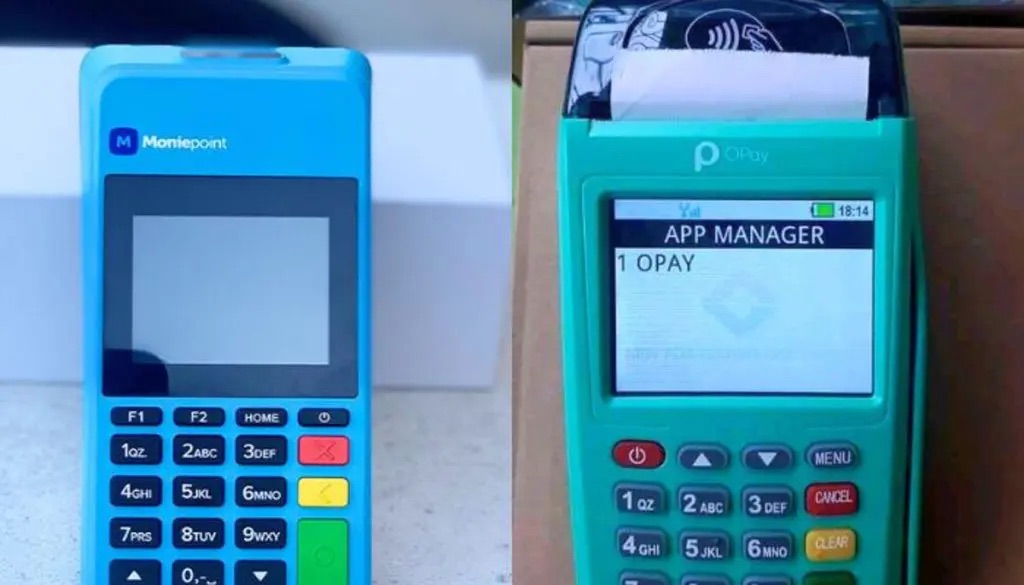The Federal Government of Nigeria has extended its ₦50 Electronic Money Transfer Levy (EMTL) to users of fintech platforms like Opay and Moniepoint. This levy applies to electronic transfers of ₦10,000 and above, in line with regulations set by the Federal Inland Revenue Service (FIRS). Previously limited to traditional banks, the EMTL now ensures all electronic transactions fall under its purview, closing gaps that allowed users to avoid the charge by using fintech services. The government has emphasized that the levy is part of its broader fiscal strategy to boost revenue generation for public services .

Opay and Moniepoint, prominent players in Nigeria’s fintech sector, have informed their customers of the new fee. Both companies clarified that the levy is entirely remitted to the Federal Government and does not benefit the platforms. The tax will apply as a one-time charge for each transfer into personal or business accounts above the threshold. This expansion of the EMTL highlights the government’s intent to unify tax collection mechanisms across financial platforms .
The introduction of the levy has sparked mixed reactions among Nigerians. Many view the policy as an additional financial strain, particularly in an economy already grappling with inflation and reduced purchasing power. However, the government argues that such measures are crucial for ensuring economic stability and financing infrastructural development. Critics suggest that this could deter some users from adopting digital financial platforms, potentially impacting the fintech sector’s growth .
Despite the levy, fintech platforms remain popular due to their efficiency and user-friendly services. Features such as quick transaction reversals and lower failure rates have positioned these platforms as reliable alternatives to traditional banking, especially during Nigeria’s recent cash shortages. Fintech companies have played a crucial role in sustaining businesses and personal finances during these challenges .
The EMTL’s expansion to fintech platforms underscores the government’s broader efforts to integrate all financial systems into its tax net. While the policy aims to enhance revenue generation, its impact on consumer behavior and the fintech industry will require close monitoring. As public discourse continues, stakeholders will need to balance fiscal policies with measures that support digital innovation and economic growth .